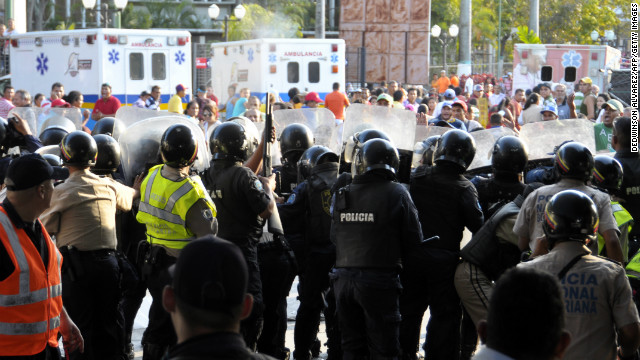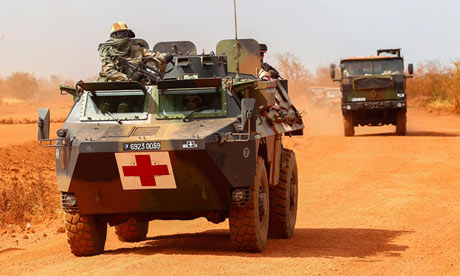By Brendan Oliver Bergh
Impunity Watch Reporter, South America
CARACAS, Venezuela – 57 prisoners were killed in one of the bloodiest prisoner riots to strike Venezuela.in a routine and peaceful inspection prison guard met armed resistance from irate prisoners in the Uribana prison in Venezuela’s Lara province.

Early Friday prison guards and the National Guard planned an operation in an attempt to disarm prisoners from the violent prison facility. Sparked by a surge of prison violence earlier in the week as internal gangs battled for control, the guards had hoped for a peaceful inspection. Instead, as the sun rose Guardsmen were met with gunfire from an entrenched inmate position. When the dust settled and the National Guard had quelled the riot Nearly 60 people were dead, with another 120 wounded. While the official reason for this uprising is being investigated, human rights experts note that Venezuelan prisoners are notoriously overcrowded and filled weapons and drugs that have been smuggled in by corrupt prison guards and gang ‘mafias.’ Beyond the dead inmates, two protestant pastors and one soldier was killed in firefight.
Originally designed in 1997, the model prison of Uribana was built to hold 850 prisons, however when violence erupted the 23,500 square meter penal colony was holding 2,400.
Criticism has been levied on the nature of the inspections and the administration itself. Humberto Prado, leader of the activist group Venezuelan Prisons Observatory stated “It’s clear that the inspection wasn’t coordinated or put into practice as it should have been. It was evidently a disproportionate use of force.” He continued that while necessary, they should not be carried out in the warlike attitude that they have been.
Since peace has been restored, the surviving 2003 male and 132 female inmates have been moved to nearby prisons, and while another 49 inmates were discharged, 46 prisoners remain hospitalized.
The National Assembly has since begun investigating the causes of the riot at Uribana and what protocol steps can be taken in the future.
With allegations from abuse from prisoners, Correctional Service Minister Iris Varela has officially denied any allegations that inmates were run over by the National Guard, or that the population was naked while the National Guard was hitting them. Henrique Capriles, opposition leader against President Chavez’s levied heavy criticism on the administration. Stating that the vice-president ordered an investigation and then went to summit in Chile in contrast to President Rousseff of Brazil cancelled his trip. Taking advantage of the situation Capriles continued “Here, they go away to a summit. They dispose of it as if it were one more matter, one more little problem.”
For more information, please see:
Venezuela Al Dia – Parliament Began Research On Violent Events In Uribana – 28 January 2013
El Universal – Uribana Was Designed As A Model Prison – 28 January 2013
US News – Inmates Moved After Bloody Venezuela Prison Clash – 27 January 2014
El Nacional – Varela Announced That 58 Prisoners Were Killed By Violence In Uribana – 27 January 2013
CNN – Report: Prison Riot Kills Dozens In Venezuela – 26 January 2014



